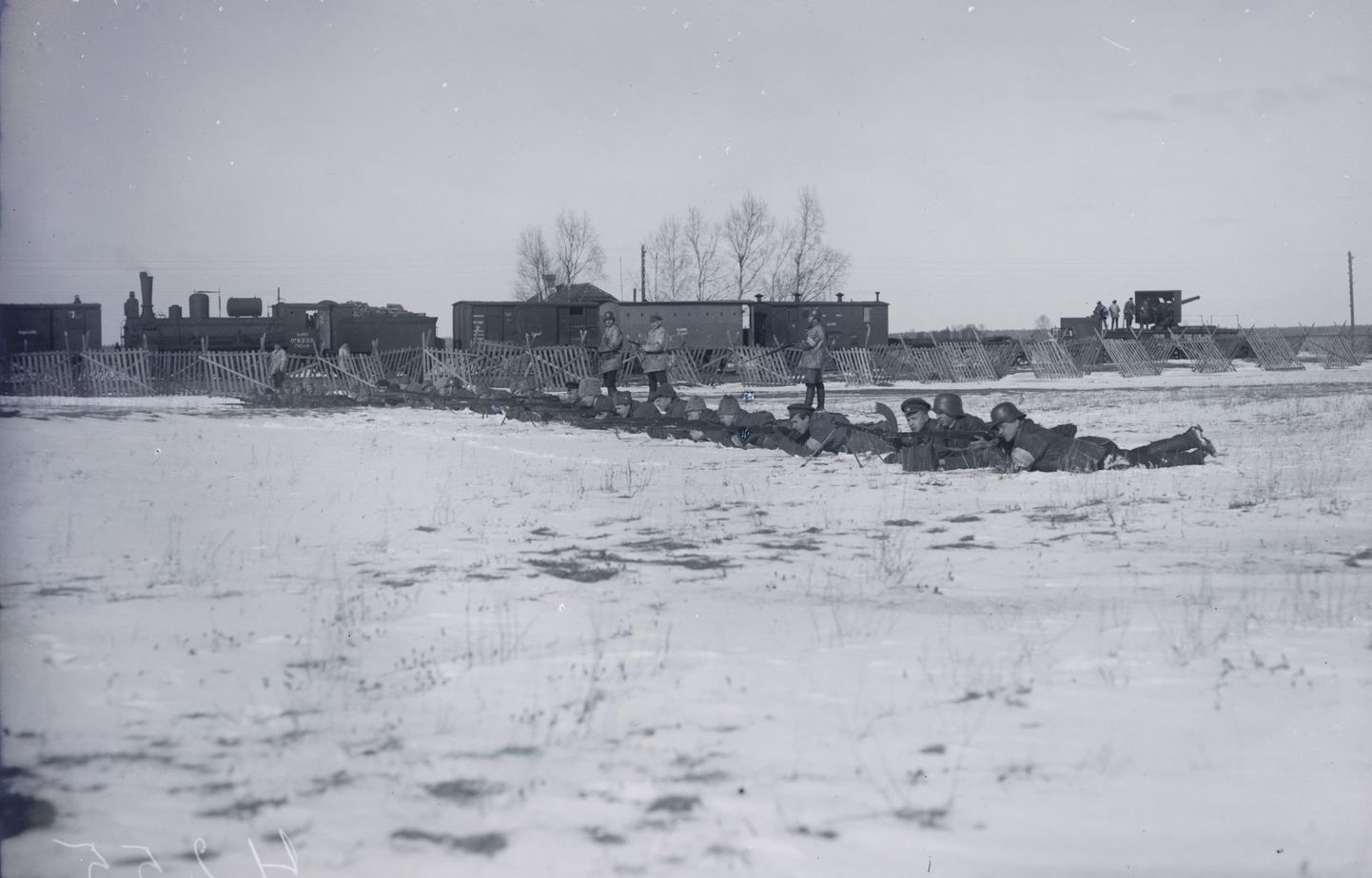In February 1918, Estonian National Council – the Maapäev – issued the «Manifesto to the Peoples of Estonia» which was read in Tallinn on the 24th – the date we now celebrate as Anniversary of the Republic. That day, Estonia was declared an independent democratic republic. The deeply democratic document talked about securing personal freedoms and also of ethnic minorities.
By then, we had sufficient experience with red terror and the understanding of the individual and the power, the people and ethnic cultures that the Bolshevik regime was based upon. The latter became an extension of the czarist empire in its conquests and oppression of small nations. In terms of personal freedoms, culture and economy, however, this was a power altogether more barbarian.
What would Estonia be like, today, had the War of Independence been lost? Who knows, but perhaps a comparison will help with the dire straits of small nations then left under the Red Kremlin sway. The manifesto declared: «All ethnic minorities, the Russians, Germans, Swedes, Jews, and others residing within the borders of the republic, are going to be guaranteed the right to their cultural autonomy.» The Republic of Estonia kept the promise – to do that, without winning the War of Independence, would have been impossible.
